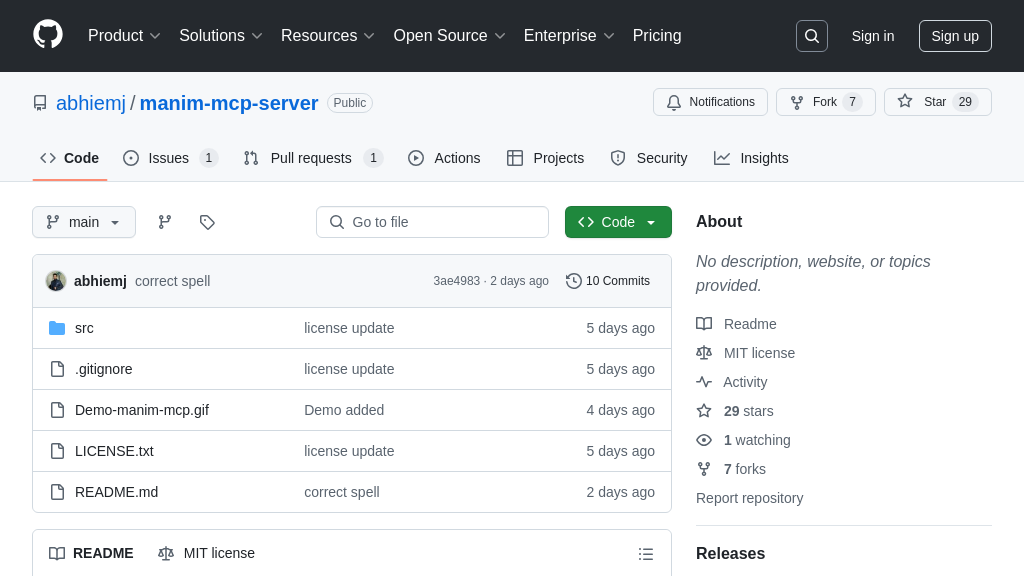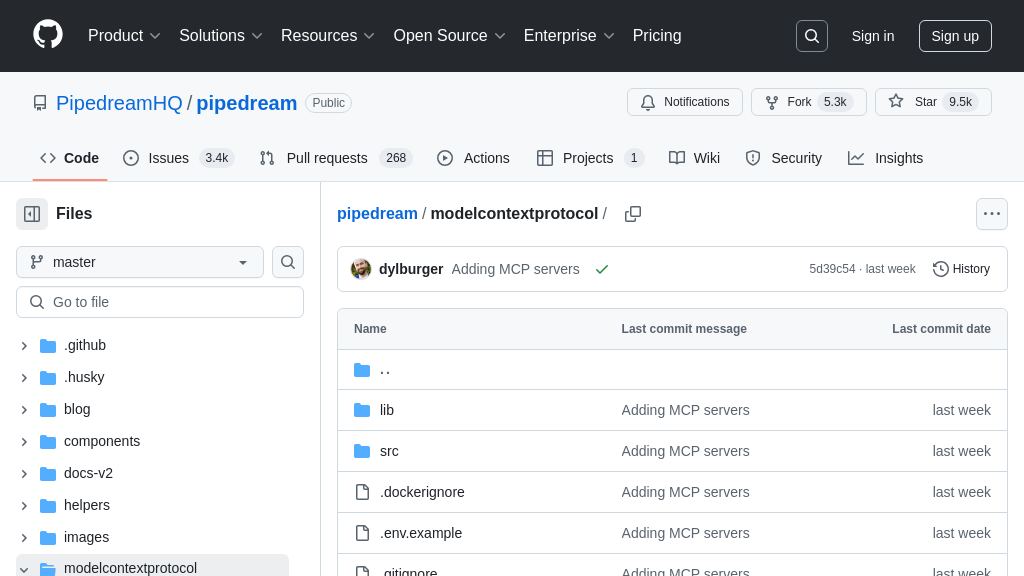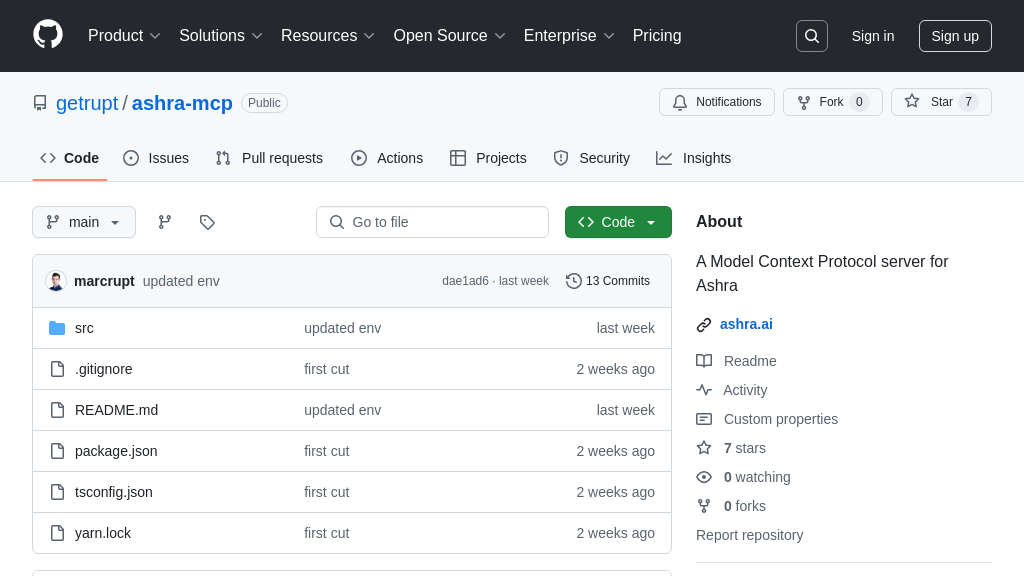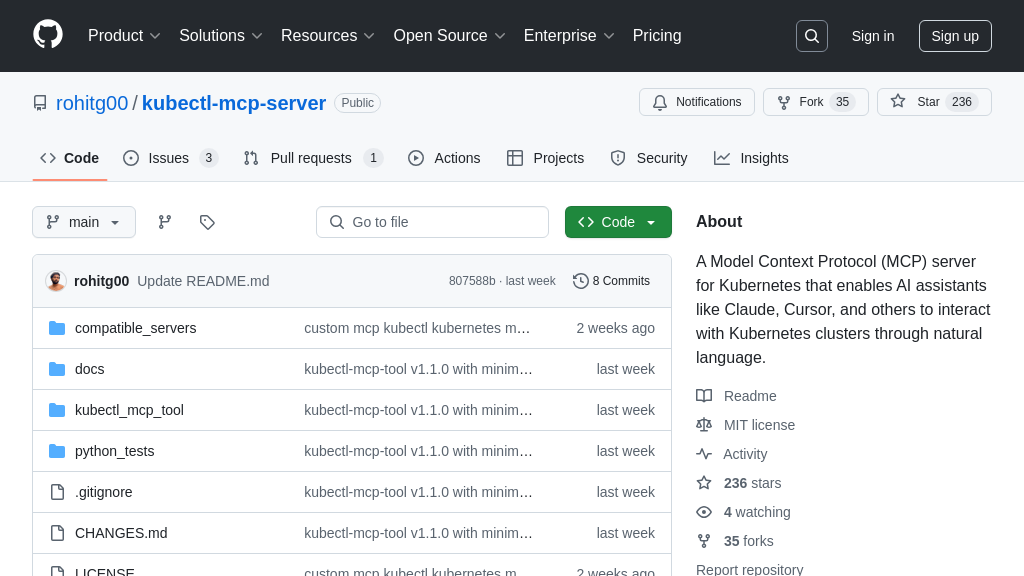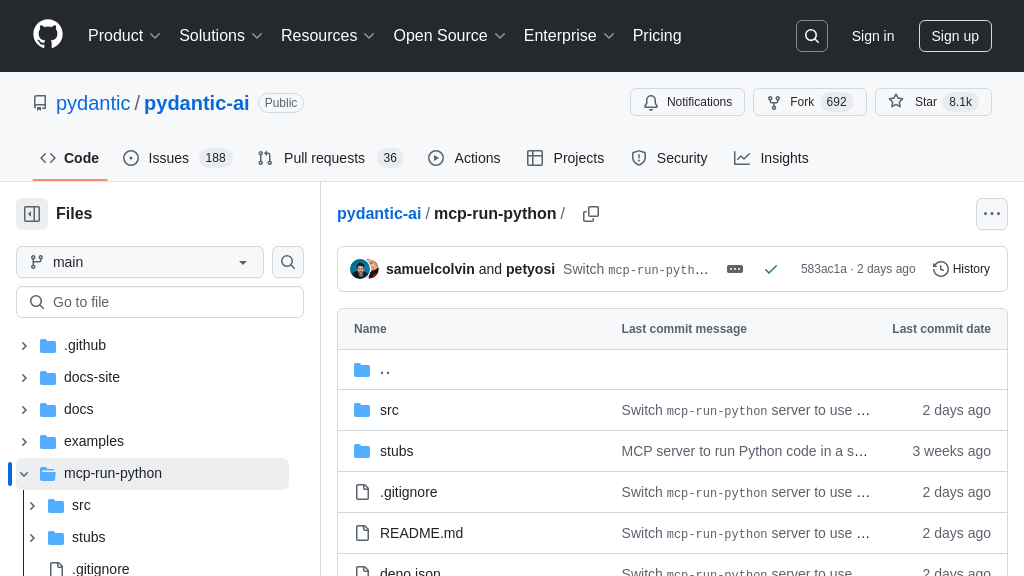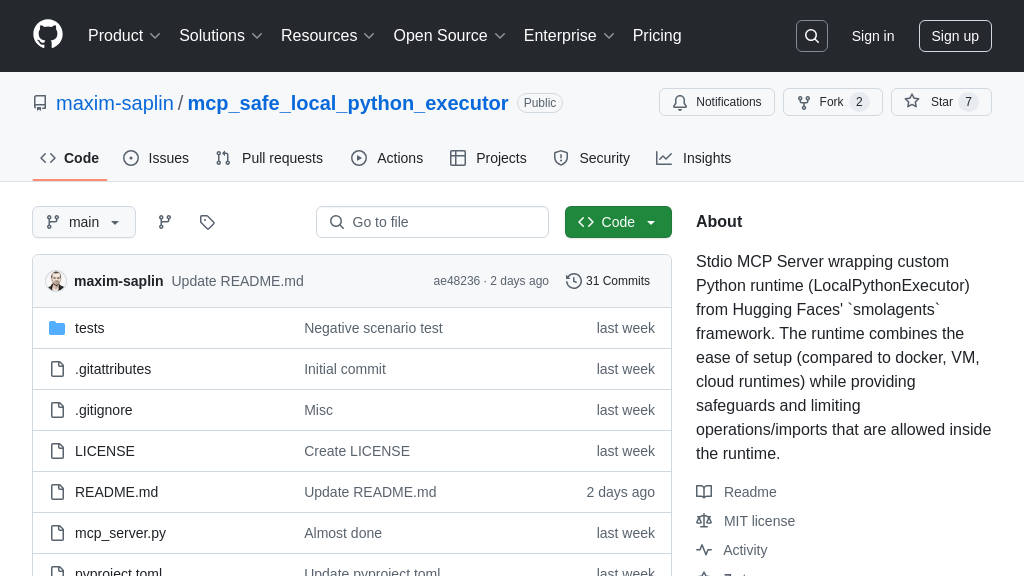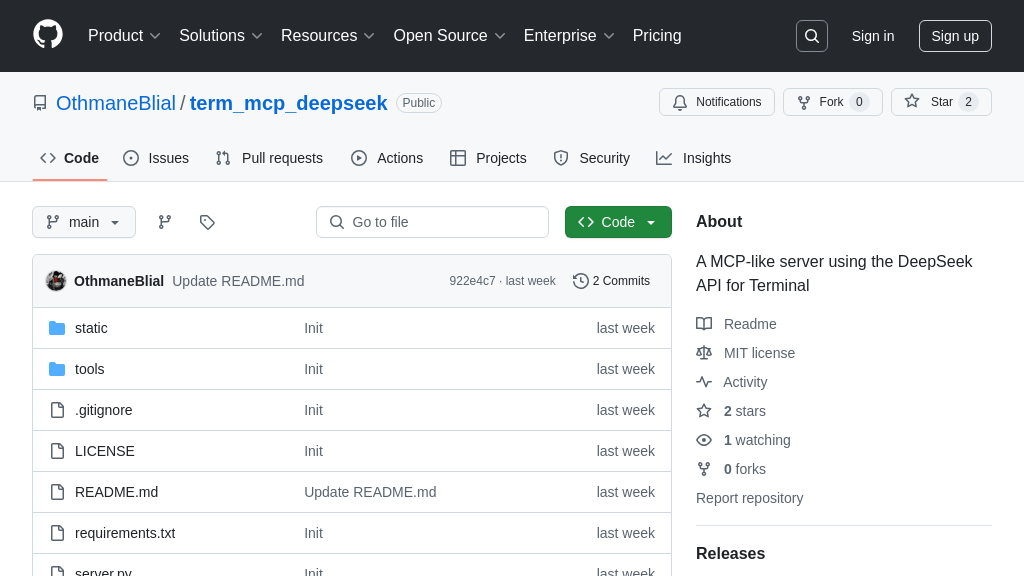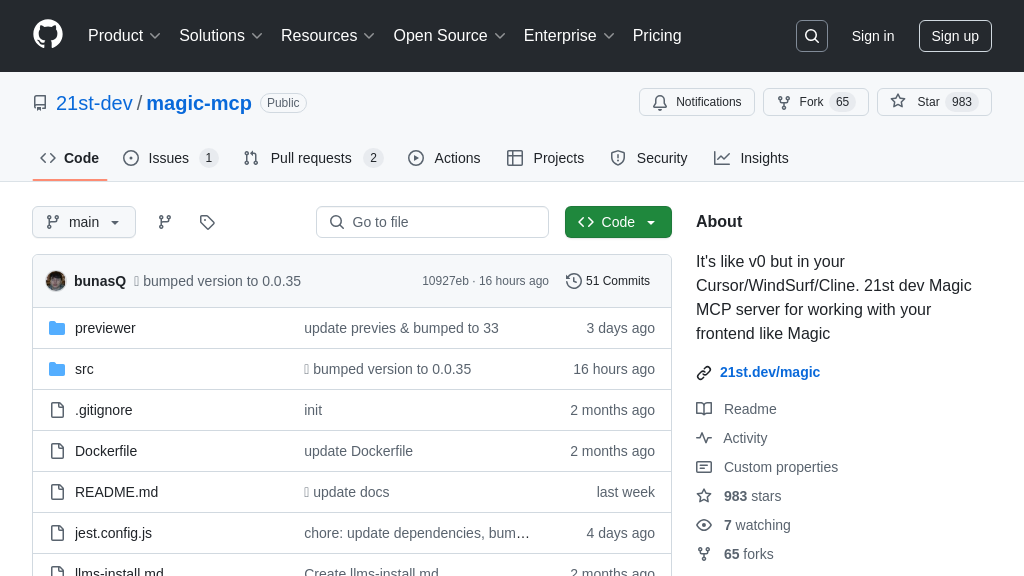lldb-mcp
LLDB-MCP: An MCP tool integrating LLDB with Claude for AI-assisted debugging. Control debugging sessions with natural language.
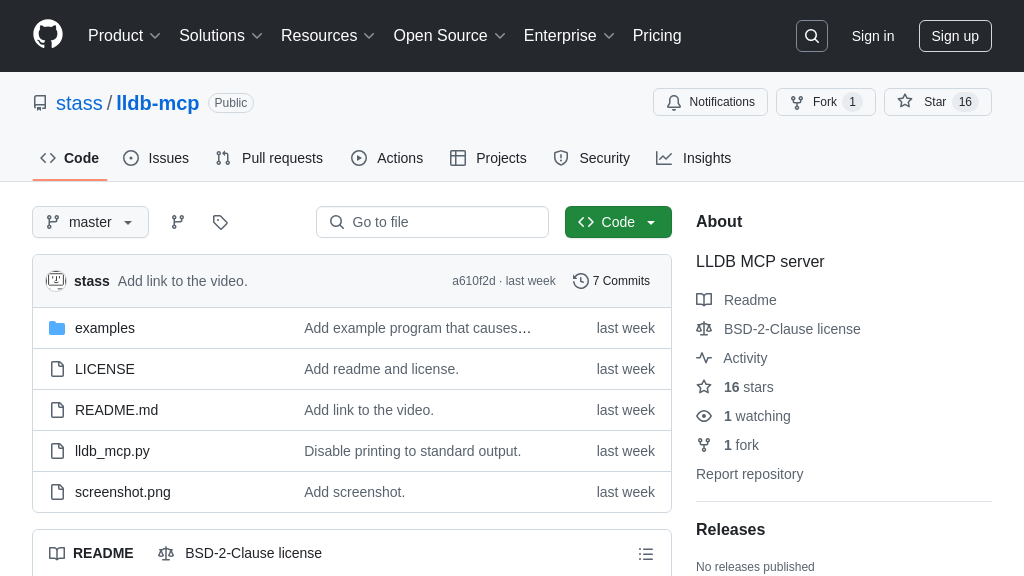
lldb-mcp Solution Overview
LLDB-MCP is a powerful tool that integrates the LLDB debugger with the Model Context Protocol (MCP), enabling AI-assisted debugging workflows. As an MCP server, it allows AI models like Claude to directly initiate, control, and interact with LLDB debugging sessions. This integration provides a comprehensive set of commands for tasks such as launching and managing sessions, setting breakpoints, controlling program execution, and inspecting memory.
By enabling natural language interaction with LLDB, LLDB-MCP empowers developers to leverage AI for debugging, streamlining the process of identifying and resolving issues. It offers fine-grained control over debugging sessions and supports various operations, including memory examination, register analysis, and stack trace analysis. LLDB-MCP connects to AI models via the MCP protocol, allowing seamless integration into existing AI-powered development environments. This enhances developer productivity and unlocks new possibilities for AI-driven debugging.
lldb-mcp Key Capabilities
AI-Powered Debugging via Claude
LLDB-MCP empowers Claude to directly interact with LLDB debugging sessions, enabling AI-assisted debugging workflows. This integration allows developers to leverage Claude's natural language understanding to control and analyze debugging processes. Instead of manually typing LLDB commands, developers can use natural language instructions like "Set a breakpoint at main," "Print the value of variable 'count'," or "Step over the next line." Claude then translates these instructions into corresponding LLDB commands and executes them. This significantly reduces the cognitive load on developers, allowing them to focus on understanding the root cause of bugs rather than struggling with debugging syntax. For example, a developer can ask Claude to "Debug the program that is crashing with certain arguments" and Claude will automatically start a debugging session, set breakpoints, run the program, and analyze the crash.
Fine-Grained LLDB Session Control
LLDB-MCP provides a comprehensive set of commands for managing LLDB sessions, loading programs, setting breakpoints, controlling execution, and inspecting memory. This allows Claude to have fine-grained control over the debugging process. Claude can start and terminate LLDB sessions, load executables and core dump files, attach to running processes, set breakpoints and watchpoints, control program execution (run, continue, step, next, finish, kill), inspect memory and registers, analyze stack traces, and disassemble code. This level of control enables Claude to perform complex debugging tasks, such as automatically identifying memory leaks, detecting buffer overflows, and analyzing multi-threaded applications. For instance, Claude can be instructed to "Find the memory leak in this program" and it will use LLDB commands to analyze memory allocation patterns and identify the source of the leak.
Natural Language Debugging Interface
The core value of LLDB-MCP lies in its ability to translate natural language instructions into LLDB commands. This allows developers to interact with LLDB using intuitive language, making debugging more accessible and efficient. The system supports a wide range of commands, including session management, program loading, execution control, breakpoint management, and inspection. This natural language interface simplifies the debugging process, especially for developers who are not familiar with LLDB syntax. For example, instead of typing "breakpoint set -n main," a developer can simply say "Set a breakpoint at main." Claude will then translate this instruction into the corresponding LLDB command and execute it. This significantly reduces the learning curve for new developers and improves the productivity of experienced developers.
Technical Implementation: MCP Integration
LLDB-MCP leverages the Model Context Protocol (MCP) to establish communication between Claude and LLDB. The lldb_mcp.py script acts as an MCP server, listening for commands from Claude and translating them into LLDB commands. The script uses the lldb Python module to interact with LLDB. The MCP integration allows Claude to control LLDB sessions, load programs, set breakpoints, control execution, and inspect memory. The MCP server maintains a mapping between session IDs and LLDB processes, allowing Claude to manage multiple debugging sessions concurrently. The server also handles error reporting and logging, providing developers with detailed information about the debugging process. This architecture ensures a secure and reliable communication channel between Claude and LLDB.
